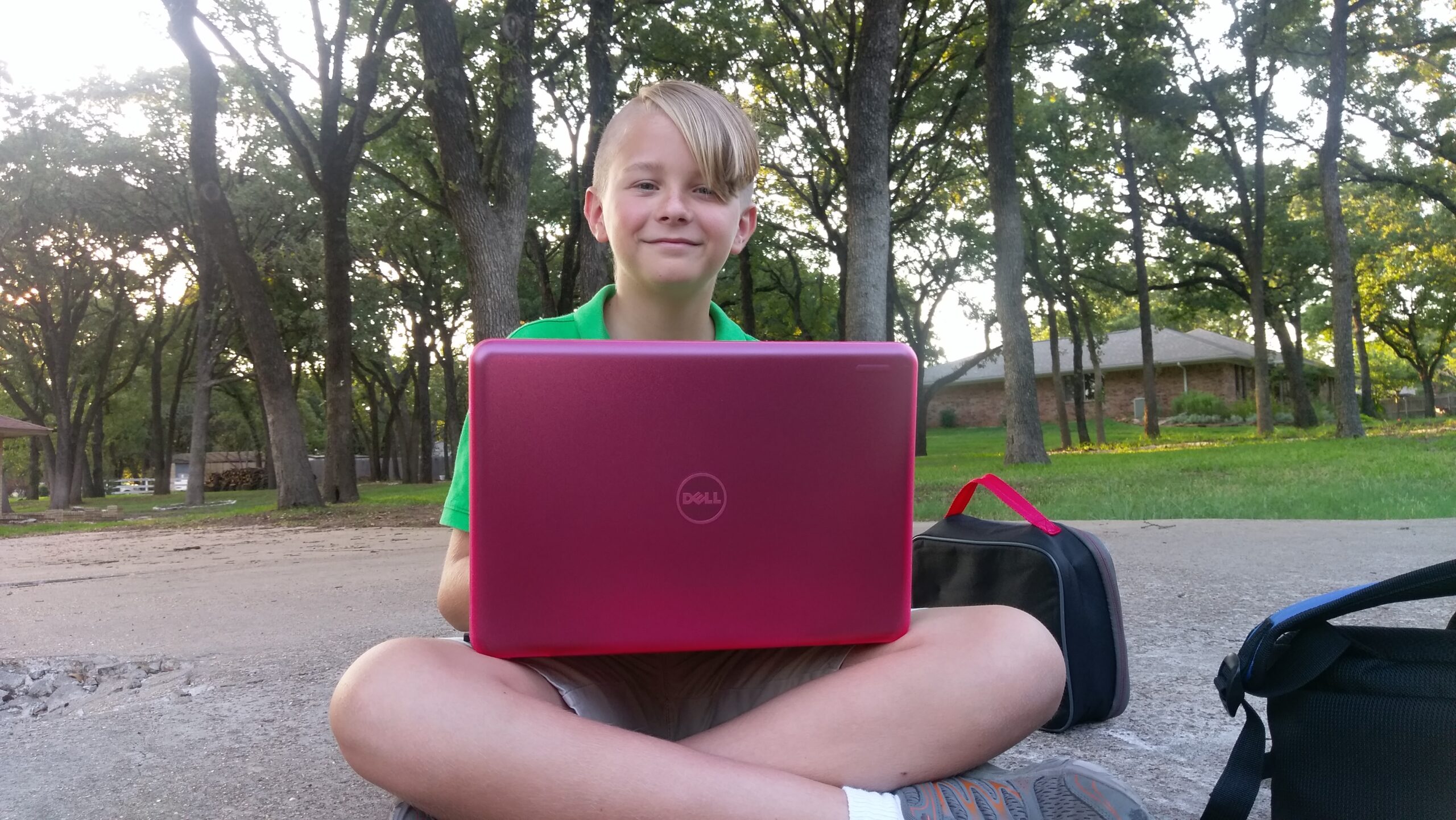A few weeks ago, Harvard’s Graduate School of Education released a report called “Turning the Tide: Inspiring Concern For Others And The Common Good Through College Admissions.” It has received praise for its call to action for colleges, especially elite colleges, to de-emphasize test scores and the number of AP classes students rack up, and instead focus on more intangible qualities like students’ awareness beyond themselves, demonstrations of kindness, and ability to contribute to efforts to improve what’s good for the community.
While it’s wonderful to see the report make explicit such factors, in reality, these things are what good college counselors have been stressing to students for years. These things are also what have made students (well, those without a hook) stand out from the pack in the competitive college admissions game all along. It’s nothing new, but now we have a report to bring awareness to the masses.
Will you still need excellent test scores to get into Princeton? Absolutely. Has it always helped you to be able to complement those excellent test scores by demonstrating your capacity to affect change in your community? Yes. Duh.
Good test scores, grades, and a bazillion AP classes have never and will never be enough to get a student into the most selective colleges in the nation. The students who get in are those who, in addition to having evidenced their smarts in their academic records, show they are capable of being change-makers. Harvard wants to admit students whom they believe have the capacity to do great things, and that capacity cannot be measured through a standardized test.
So what’s our advice? Really, it’s the same as it’s always been: if you are serious about getting into an elite college, focus on showcasing your personal qualities through your extracurricular pursuits. But here’s the trick: don’t do any of those things for the purpose of getting into college. Instead, you need to be motivated by a sincere desire to affect change around a cause for which you feel passion. So change your head-space; start by asking yourself what problems in the world you want to solve, then go about working to find solutions or ways to contribute to solutions. The rest will fall into place on it’s own. And keep your grades up: those will always matter. This is education, after all.












